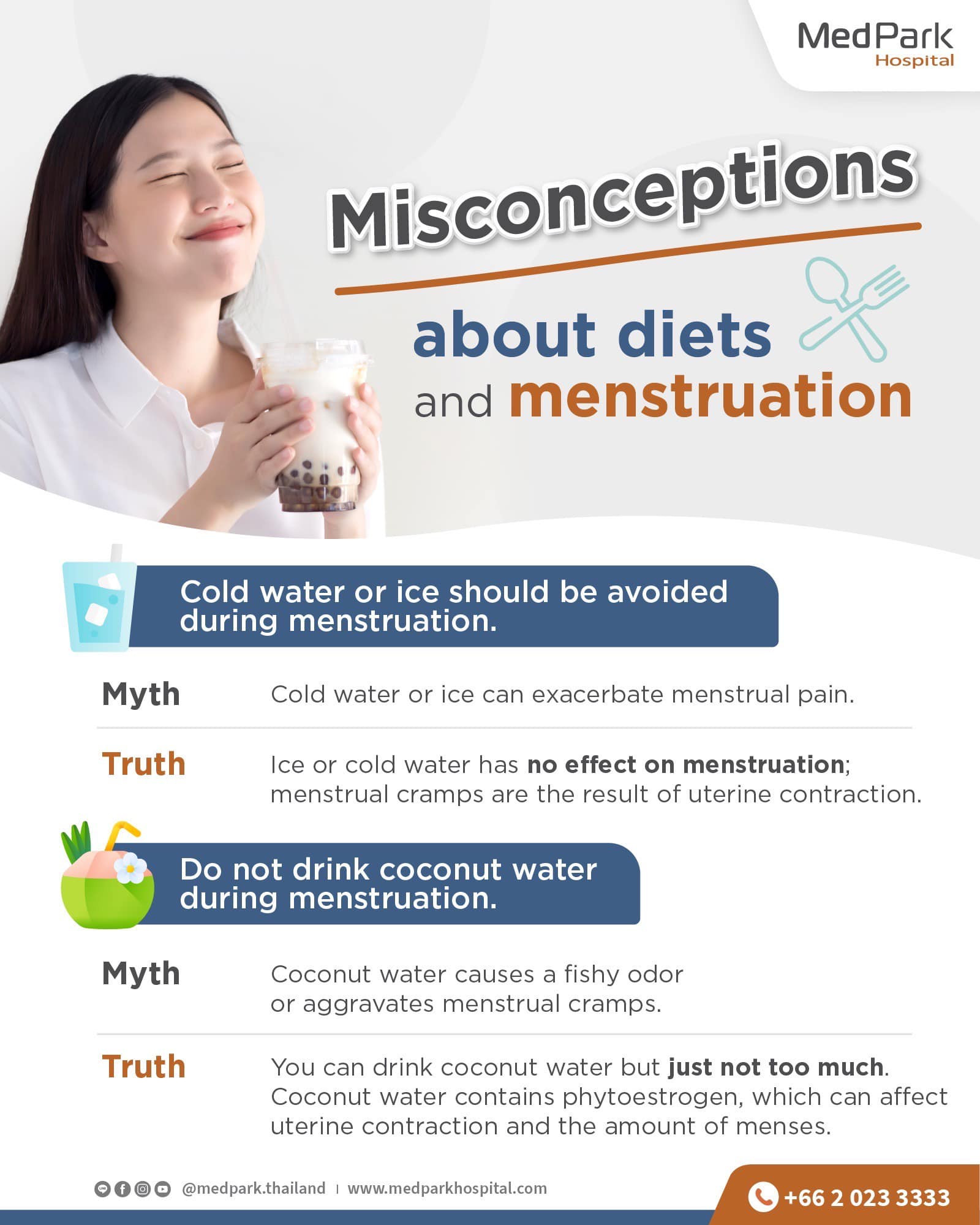Many people reach for spicy foods when they feel a cold coming on, hoping for relief. But does spicy food actually help with colds, or is it just a myth? Let’s explore the potential benefits and drawbacks.
One of the main reasons people believe in the power of spicy food for colds is its ability to clear nasal passages. The heat from chili peppers, for example, comes from a compound called capsaicin. Capsaicin is known to irritate mucous membranes, which can lead to a runny nose and watery eyes. While this might sound unpleasant, it can actually help to loosen congestion and temporarily relieve sinus pressure associated with a cold. This sensation of clearing sinuses can make it feel like spicy food is “working” against the cold.
 Close-up of a hand holding a vibrant red chili pepper, emphasizing its natural texture and fiery color, suggesting the heat and spice associated with capsaicin.
Close-up of a hand holding a vibrant red chili pepper, emphasizing its natural texture and fiery color, suggesting the heat and spice associated with capsaicin.
Beyond nasal relief, some spices used in spicy foods possess anti-inflammatory properties. Ingredients like ginger and cinnamon, often found in spicy dishes, have been traditionally used to soothe discomfort and reduce inflammation. When you have a cold, your body experiences inflammation as it fights off the virus. In this context, consuming spices with anti-inflammatory potential might offer some comfort and support your body’s natural healing processes. However, it’s important to remember that this is different from directly fighting the cold virus itself.
Furthermore, spicy foods can be packed with vitamins and antioxidants, depending on the ingredients used. A diet rich in vitamins and antioxidants is generally beneficial for overall health and immune function. While spicy food itself isn’t a cure for the common cold, incorporating nutrient-rich spicy meals could contribute to your body’s ability to recover and maintain good health, which is always beneficial when you’re feeling under the weather.
However, it’s not all positive when it comes to spicy food and colds. For some individuals, especially when already feeling unwell, spicy food can cause stomach irritation. This is similar to the advice sometimes given regarding menstruation, where spicy foods might exacerbate discomfort for some people. If you have a sensitive stomach or are experiencing nausea as a cold symptom, spicy food might worsen these issues. It’s crucial to listen to your body and consider how spicy food affects you personally when you’re sick.
Dehydration is another factor to consider. Spicy foods can sometimes lead to increased sweating, and if you’re already losing fluids due to a cold (through fever or runny nose), it’s important to stay well-hydrated. While spicy food itself doesn’t directly dehydrate you, the potential for increased sweating means you need to be mindful of drinking enough fluids, especially water, when consuming spicy meals during a cold.
In conclusion, while spicy food might offer temporary relief from nasal congestion and could provide some anti-inflammatory benefits and nutrients, it’s not a guaranteed remedy for colds. The sensation of clearing sinuses can be helpful, and some spices do have beneficial properties. However, spicy food can also cause stomach irritation for some and it’s important to stay hydrated. Like any dietary choice during illness, moderation and listening to your body are key. If you enjoy spicy food and find it helps you feel better when you have a cold, it can be a part of your comfort measures. Just be mindful of potential drawbacks and ensure you are also focusing on other essential aspects of cold recovery, such as rest and hydration.

